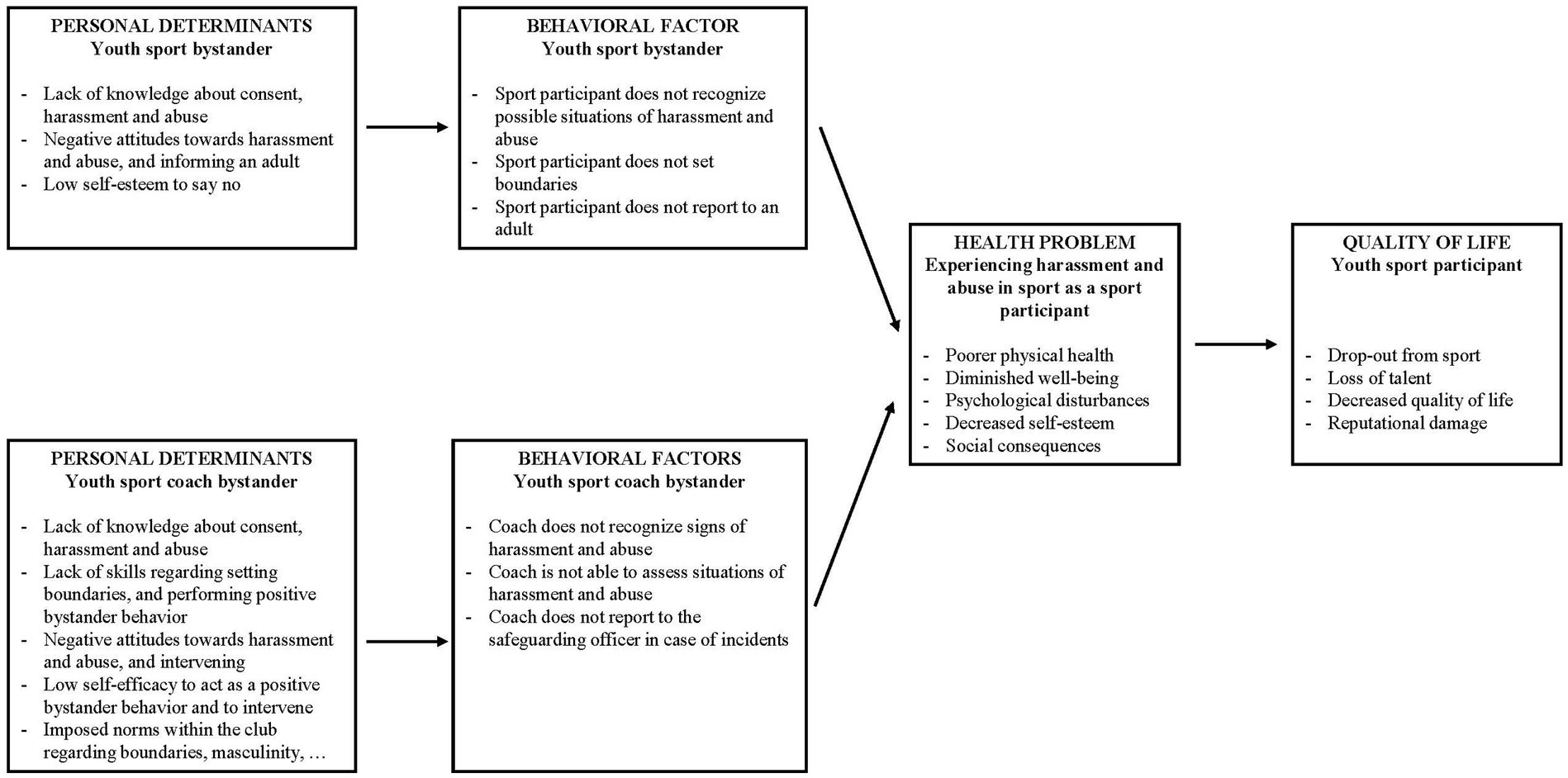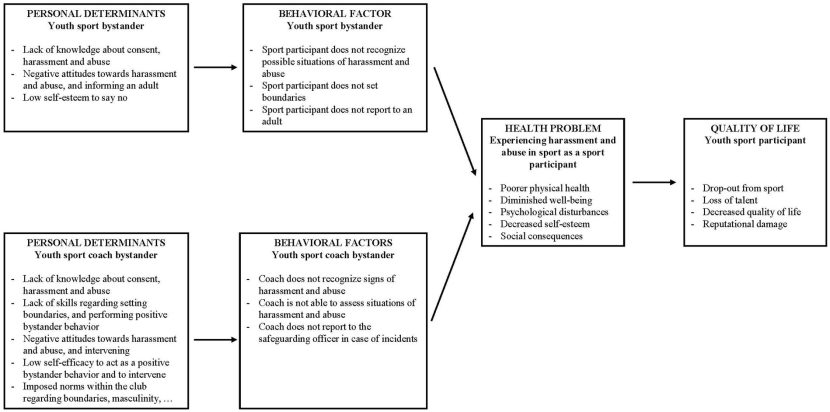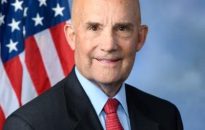By Eddie Pells/AP On Friday, four congressional members introduced a bipartisan proposal aimed at initiating reforms at the U.S. Center for SafeSport, which would impose a deadline for case resolutions that often take years and enhance communication between the center and abuse victims. The Safer Sports for Athletes Act seeks to address significant issues that […]


By Eddie Pells/AP
On Friday, four congressional members introduced a bipartisan proposal aimed at initiating reforms at the U.S. Center for SafeSport, which would impose a deadline for case resolutions that often take years and enhance communication between the center and abuse victims.
The Safer Sports for Athletes Act seeks to address significant issues that have attracted criticism towards the center since its founding in 2017 to oversee sexual abuse matters in Olympic sports and related organizations.
The legislation includes the possibility of increasing an existing grant to the center by five times, potentially reaching $10 million annually. However, even with complete approval of this funding, it would not remedy all existing challenges.
As in the past, this grant can only be allocated for training and education, excluding investigations and enforcement, which are the primary points of contention regarding the center and the reforms the legislators are pursuing.
“We’re anticipating that the combination of funding for other initiatives will allocate resources for investigations, alongside the streamlining process,” stated Rep. Deborah Ross, D-North Carolina, one of the bill’s advocates.
The center estimates that the proposed changes could exceed $4.5 million in costs. It is currently running on a budget of around $21 million annually, predominantly funded by the U.S. Olympic and Paralympic Committee as well as its sports affiliates recognized as national governing bodies (NGBs).
“It’s quite ambiguous, and I believe some elements of the bill contradict one another,” remarked SafeSport CEO Ju’Riese Colon. “We will require further discussions to clarify these issues. At present, it simply doesn’t seem coherent for us.”
Critics of the center have persistently expressed doubts about allocating additional resources to an organization they perceive as ineffective.
The legislation would also require that investigations be finalized within 180 days post-reporting, with the possibility of extensions. Many of the harshest criticisms of the center originate from individuals who allege their cases have languished for years without resolution.
The center currently processes approximately 155 reports weekly, which totals over 8,000 annually. When fully staffed, the response and resolution team consists of 77 members.
“Numerous other survivors have also endured prolonged waits for SafeSport to investigate or for their cases to be concluded without any action,” stated soccer player Mana Shim, who assisted lawmakers in formulating the bill.
Shim’s personal case, which entailed sexual harassment and coercion by her coach, took over two years for the center to address and resulted in investigations and changes throughout American soccer.
Additional reforms include mandating the center to offer victim advocates at no charge for those in need — a strategy already in progress as part of a series of modifications announced by the center earlier this year — along with assigning case managers capable of providing timely updates to both victims and the accused.
“I have concerns regarding the possibility that if the center were to recruit and employ the advocates, it might create conflicts of interest for us to manage internally,” Colon added.
The center also expressed apprehension regarding a provision that would redefine arbitration procedures and another that would alter information-sharing dynamics between the center and the USOPC as well as NGBs.
The other sponsors of the bill included Reps. Dave Joyce, R-Ohio; Don Bacon, R-Nebraska; and Kathy Castor, D-Florida. The lawmakers framed the proposal as a means to support the Denver-based center while underscoring their dissatisfaction with the results to date.
“We are committed to ensuring the center is equipped with the resources it requires to effectively manage the thousands of reports it receives each year,” Castor stated. “Regrettably, it has not met expectations.”
Ross acknowledged that this bill is likely to be postponed until the next Congress, which begins on Jan. 3, “but it was important for us to lay the groundwork as soon as we could.”














